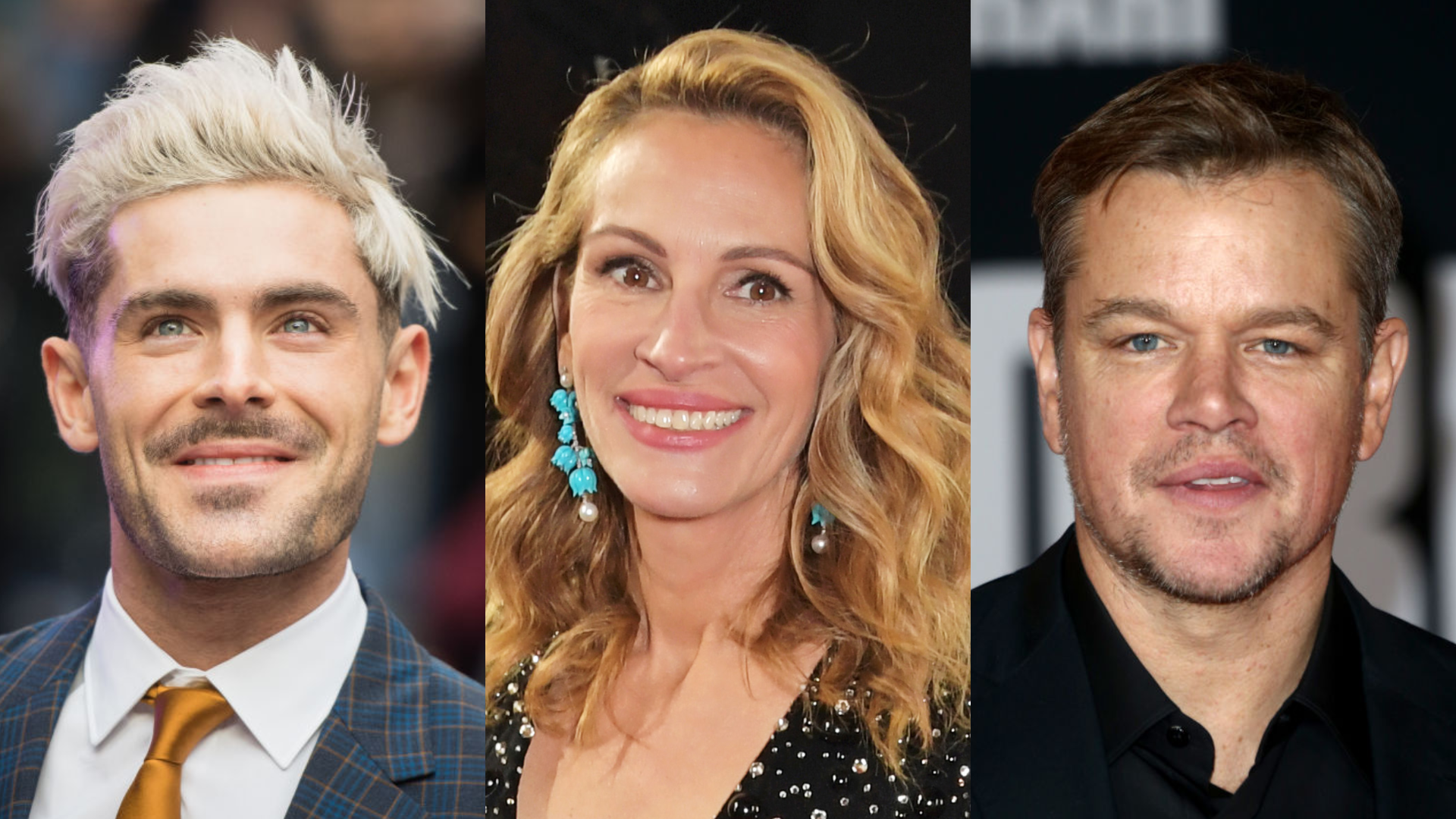Novak Djokovic: Tennis star's Australia entry delayed over visa row
- Published
Australian PM Scott Morrison: "There should be no special rules for Novak Djokovic"
World number one tennis player Novak Djokovic's entry to Australia has been delayed over an issue with his visa.
The player arrived in Melbourne on Wednesday, where authorities noticed that his team had made a mistake on his application.
Djokovic is due to play in the Australian Open, after being exempted from vaccination rules.
But his team had not requested a visa that permits medical exemptions for being unvaccinated.
All players and staff at the tournament must be vaccinated or have an exemption granted by an expert independent panel.
The tennis star has been quizzed for hours about his visa status and exemption evidence in a room in Melbourne's Tullamarine Airport and is still awaiting a decision. He has not spoken about his vaccination status, but last year he said he was "opposed to vaccination".
The country's border force had sought clarification from the Victorian state government about his visa application, the Melbourne-based Age newspaper reports, external.
But state government Minister Jaala Pulford tweeted that his application would not be supported. Visa approvals were a matter for the federal government, she added. , external
Meanwhile, Djokovic's father, Srdjan Djokovic said his son was being held in a room guarded by police, external.
"I have no idea what's going on, they're holding my son captive for five hours.
"This is not just a fight for Novak, but a fight for the whole world. If they don't let him go in half an hour, we will gather on the street" he said in a statement released to the media, external.
Djokovic's coach and fellow Grand Slam champion Goran Ivanisevic posted a photo of himself on Instagram from a room in Melbourne, along with the caption: "Not the most usual trip Down Under."
Allow Instagram content?
This article contains content provided by Instagram. We ask for your permission before anything is loaded, as they may be using cookies and other technologies. You may want to read Meta’s Instagram cookie policy, external and privacy policy, external before accepting. To view this content choose ‘accept and continue’.

Earlier, Australia's prime minister said Djokovic would be refused entry to the country unless he provided evidence that he could not be vaccinated for medical reasons.
Scott Morrison said the tennis player "could be on the next plane home" if the proof was insufficient.
The tournament's organisers say the defending champion has not been given special treatment, but the decision has infuriated many Australians. The country is seeing tens of thousands of Covid-19 cases for the first time after enduring some of the world's strictest restrictions.
Mr Morrison said the Serbian player would be required to present evidence upon arrival that he has a genuine medical exemption from vaccination. The Australian Open begins on 17 January in Melbourne.
"If that evidence is insufficient, then he won't be treated any different to anyone else," the prime minister told reporters. "There should be no special rules for Novak Djokovic at all. None whatsoever."
The comments seemed to represent a change in his position, after he said on Tuesday that Victoria's state government had provided the player with an exemption to enter the country and that officials would act "in accordance with that decision".
Australians give their views on Novak Djokovic's exemption
More than 90% of Australia's over-16 population is fully vaccinated, but some people still cannot travel interstate or globally because of current measures.
Many Australians had previously accused the government of allowing the rich and famous to do as they please while ordinary people remained separated from sick and dying loved ones.
"I think it's a disgrace," Melbourne resident Christine Wharton told ABC. "We've all done the right thing, we've all gone out and got our jabs and our boosters and we have someone that has come from overseas and all of a sudden he's been exempt and can play."
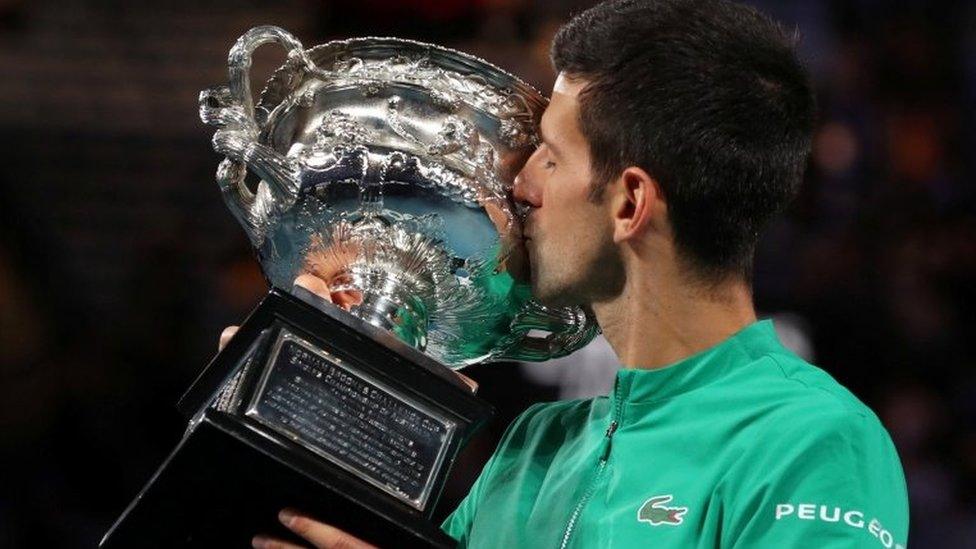
Novak Djokovic has been granted permission to defend his Australian Open title
The decision raised eyebrows with some other tennis players too. "I just think it's very interesting. That's all I'm going to say," Australian Alex de Minaur said.
Britain's Jamie Murray added: "I think if it was me that wasn't vaccinated I wouldn't be getting an exemption. You know, but well done to him for getting clear to come to Australia and compete."
The tournament's chief executive, Craig Tiley, said 26 athletes had applied for medical exemptions. "A handful" had been granted, he said, under guidelines set by federal regulators.
"We made it extra difficult for anyone applying for an application to ensure it was the right process and to make sure the medical experts deal with it independently," he told Channel 9.

Djokovic, vaccines and disinformation

Novak Djokovic's announcement has made him an enemy to some and a hero to others. Whilst the tennis champion has never openly confirmed whether he has been vaccinated, what we do know is that he has previously tested positive for the virus and discussed his opposition to vaccines.
During a Facebook live in April 2020 he explained how he "wouldn't want to be forced by someone to take a vaccine" should that be necessary to travel or compete in tournaments.
These comments were widely shared and praised in Facebook groups and Telegram channels promoting outlandish conspiracies that the vaccines are part of a sinister plot to control and harm the world's population.
And previous comments like this have added fuel to the fire when it comes to the latest row over why he has been granted an exemption to travel.
In Telegram channels promoting Covid-19 conspiracies, the exemption has given rise to incorrect theories that the vaccine is experimental. It has also led to outspoken vaccine sceptics, such as US tennis player Tennys Sandgren, to come out in support of Djokovic.

Applications for medical exemptions are being assessed anonymously by two separate panels, with inflammatory cardiac illness or another acute condition listed as valid reasons.
But it is also possible Djokovic has recently tested positive for the virus, which would allow him to defer taking the vaccine.
A spokeswoman for the event told the BBC they could not comment on the reasons behind the player's exemption.
- Attribution
- Published4 January 2022
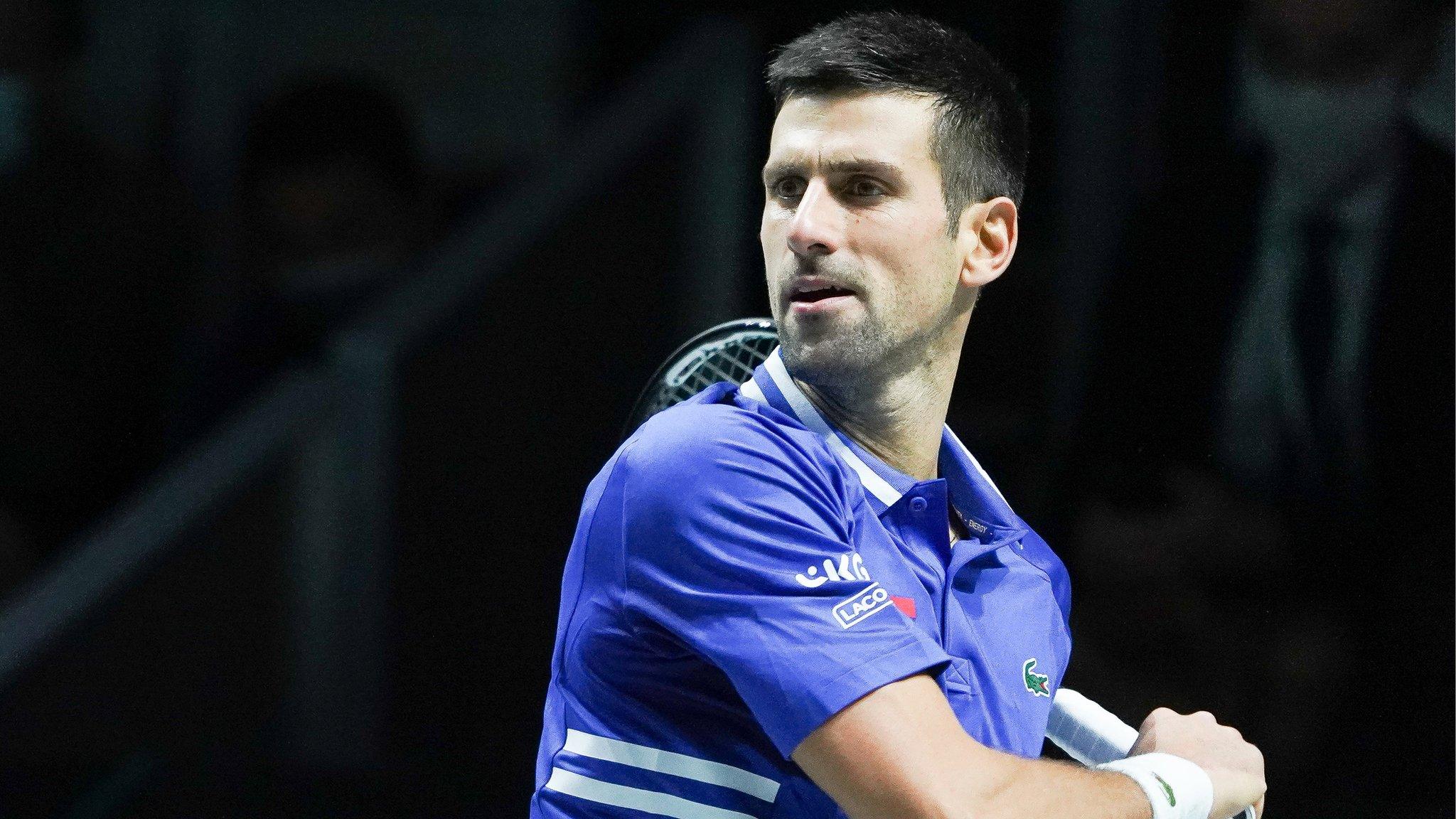
- Published4 January 2022
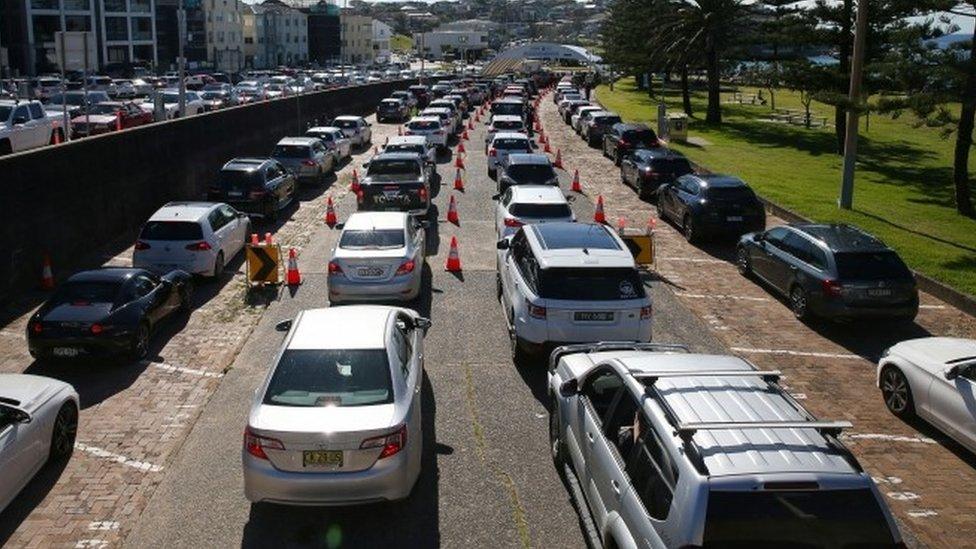
- Published15 September 2021
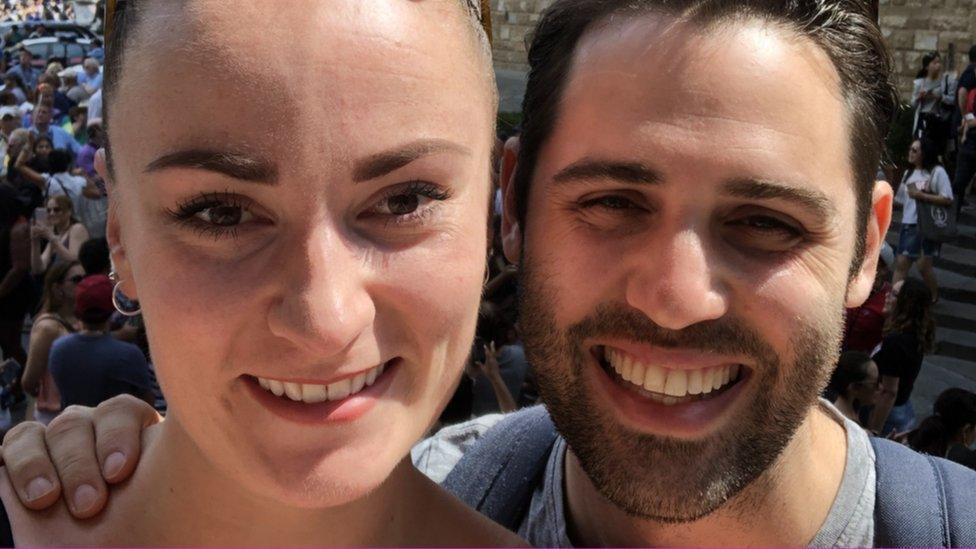
- Published30 August 2021
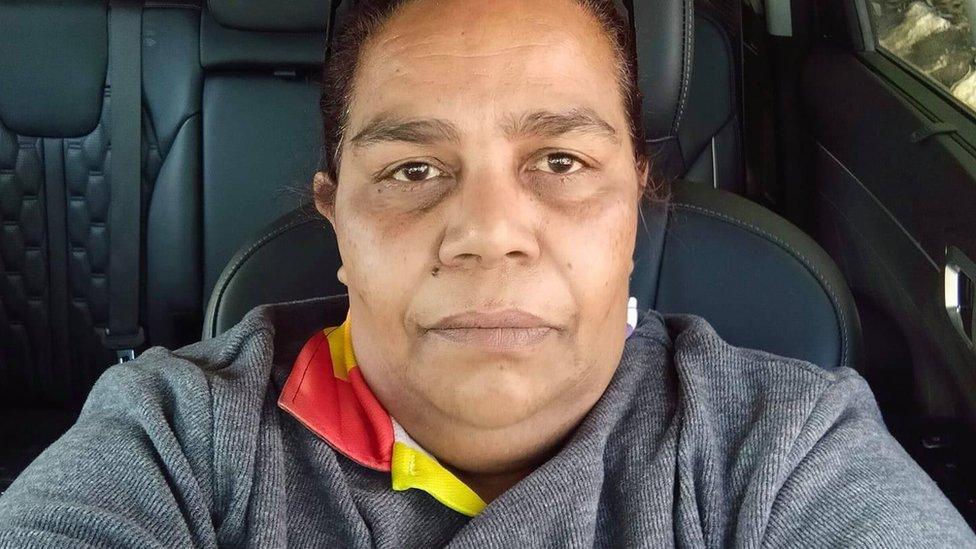
- Published1 April 2021
